Cinematic Success and Historical Liberties
“Braveheart,” hailed as a cinematic masterpiece upon its release in 1995, garnered widespread acclaim and numerous awards, including Oscars for Best Picture and Best Director. However, beneath its cinematic brilliance lies a narrative that strays far from historical accuracy, taking considerable liberties with the events it portrays.
Distorted Timeline and Inaccurate Depictions
One of the most glaring inaccuracies in “Braveheart” is its distorted timeline, where events are rearranged or entirely fabricated for dramatic effect. For example, the inciting incident of William Wallace’s father’s death at a fake Scottish summit is entirely fictional, bearing no historical basis. Similarly, the portrayal of the Battle of Stirling Bridge without the titular bridge alters the strategic dynamics of the confrontation, veering far from historical reality.
Anachronistic Costume Choices and Misleading Portrayals
Costume choices in “Braveheart” also contribute to its departure from historical authenticity. Kilts, depicted prominently in the film, are historically inaccurate for the 1300s, as they did not gain popularity until the 1600s. Additionally, the use of blue face paint by the Scottish warriors is reminiscent of Pictish traditions from the fourth century, rather than the depicted era. Furthermore, the portrayal of Edward I as a pagan British king and the distortion of facts surrounding his son Edward II further muddy the waters of historical accuracy.
Misattributed Title and Abundant Deviations
Perhaps most notably, the film’s title, “Braveheart,” misleads audiences by attributing the moniker to William Wallace, when historical records indicate it was actually bestowed upon Robert the Bruce in 1329. Such misattributions and deviations from historical accuracy are rife throughout the film, calling into question its claim to depict true events faithfully.
Conclusion: A Compelling Fiction, Not Historical Fact
While “Braveheart” may excel as a gripping work of cinematic fiction, it falls short in its portrayal of historical events. Despite its cinematic achievements and critical acclaim, the film takes significant liberties with the truth, distorting timelines, characters, and events for dramatic effect. As viewers immerse themselves in the epic tale of William Wallace, they must remember that “Braveheart” is ultimately a product of artistic interpretation rather than a faithful retelling of history.

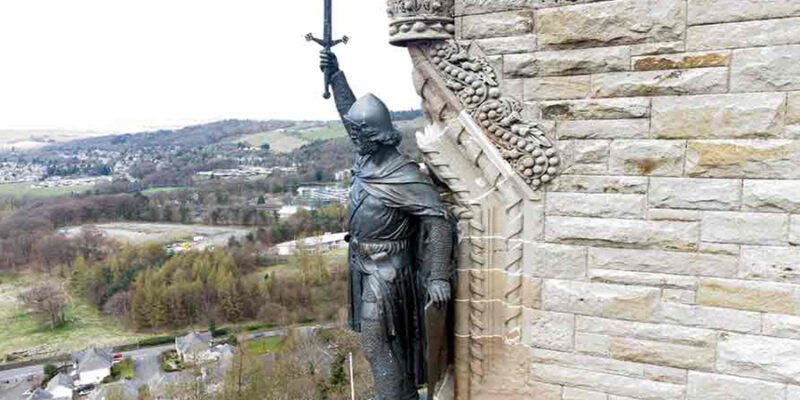
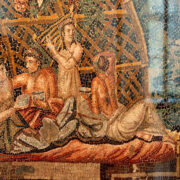

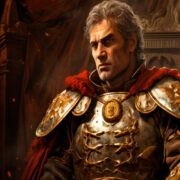
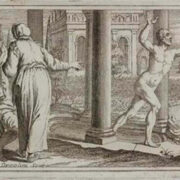
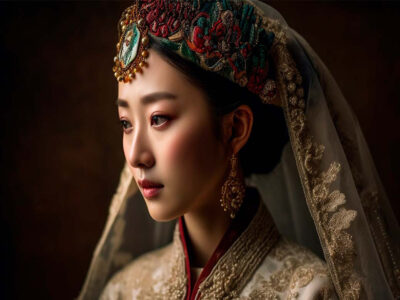
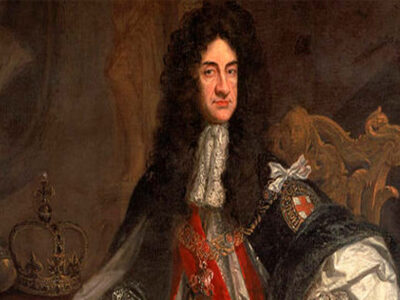
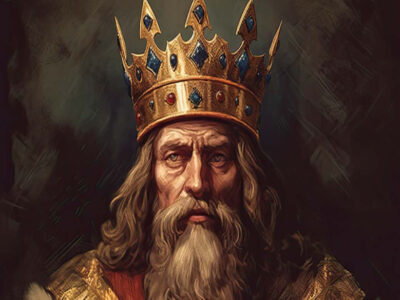
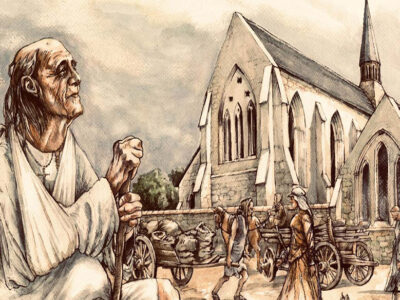
Comments